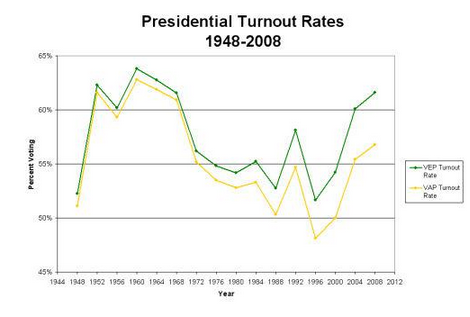As the NU Libertarians, we are a group of students dedicated to learning and spreading the ideas related to voluntary exchange & cooperation, and open societies. We are an independent club, not associated with a political party or outside organization. Students have joined our club because they liked the philosophical ideas, some the implementations, some the possibilities, others because of the economic and/or political ideas. Nevertheless, we have found a common thread that has brought us together while continuing to bring more into the fold.
Underlying this thread is an outlook or a lens through which we see society. Much of the intellectual heritage comes from David Hume, Adam Smith, Michael Polanyi and Friedrich Hayek. In social activities (much of everyday life), order emerges through repeated interactions without the need for a centralized authority. Human language, footpaths through a snowy quad (which we’ve had quite a few these past couple years), flocks of birds and schools of fish are all examples of this emergent or spontaneous order. Markets arise through the same process. These voluntary social systems are result of human action, but not human design.
Markets coordinate the diverging and often contradictory ends of billions of people better than any as of yet discovered social process. This is so partly because the voluntary process of exchange in markets incorporates tacit knowledge. Time and location-specific knowledge, knowledge that is difficult to express or collect, is lost or obfuscated as the decision-making process is centralized and abstracted out. When communities, families, and individuals are allowed to make their own decisions – when this tacit knowledge is allowed to express itself in the exchange process – the system makes use of more knowledge than an individual or a committee can hope to know or analyze. As Pierre Proudhon succinctly put it: Liberty is “not the daughter, but the mother of order.”
We recognize that markets are dynamic, ignorance-destroying processes. As Israel Kirzner explains, the risk-taking entrepreneur facilitates cooperation that would not have taken place otherwise for the lack of the necessary knowledge. “It is not sufficient merely that the conditions for exchange which prospectively will be mutually beneficial be present; it is necessary also that each participant be aware of his opportunity to gain through the exchange.” Sheldon Richman points out that these same entrepreneurs “face the prospect, not only of spontaneously discovering means, but also of spontaneously discovering ends we never imagined were there.”
However, in order for all of this to work, the rules of the game must be adequate. An analysis of the visible discrepancies between the US and Mexico along the border; North and South Korea; Hong Kong, Singapore, Dubai, Special Economic Zones in China all compared to where they once were, all show the importance of getting the explicit social institutions right (this isn’t to downplay the critical nature of cultivating the proper implicit institutions, or social conventions as well). They allow the aforementioned entrepreneurs to do their best to make the connections and discover the knowledge needed for society to progress. As the masthead for the NYU Development Research Institute’s website states: “There is no answer to global poverty; there are only answer-finding systems.” Make no mistake, the entrepreneurs we speak of are not always titans such as Steve Jobs; it could be the person who opens the corner store. Robert Neuwirth describes how in the informal economies of the developing world, although there is wireless service, it can be spotty or comprised of different carriers. Some entrepreneurs within a community in Africa brought in shipments of knockoff cellphones from China, and soldered extra SIM slots onto the phones so that users can connect to multiple carriers with the same device. They were so successful that Nokia “pirated” the pirates and began offering their own dual-SIM card phones for $29.
We think that there’s a time and place for being actively involved in the political process. Public Choice Theory, most recently and firmly advanced by Bryan Caplan, shows some of the perverse incentives of political institutions. That is partly why we take inspiration from systems theorist Buckminster Fuller: “You never change things by fighting the existing reality. To change something, build a new model that makes the existing model obsolete.” Combined with the idea of “criticism by creation”, we increasingly look to emerging, competing and possiblistic social systems and technologies to bring about a better world.
Peter Wilson
NU Libertarians, President


